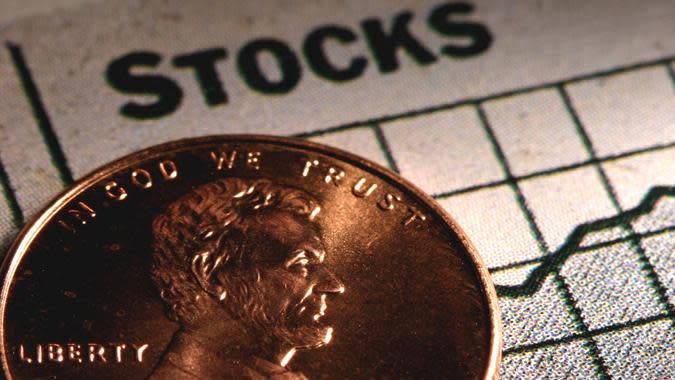4 Investments in Staying Away from Healing

Although every investor is different, many need to adjust their portfolios when they retire. When you are accumulating money, the more regular income you have and the more time you have to ride out the ups and downs of the market, the more aggressive you can be with your money. But after you retire, you may be living off some combination of Social Security and your job.
Know: 2 Things Empty Nesters Should Stop Investing in to Boost Vacation Savings.
Learn more: 7 Reasons You Shouldn’t Quit Your Job Before Talking to a Financial Advisor
Without the money from work to buy market dips, and with the increasingly short time to wait for corrections, your top priority should be to avoid making these mistakes growth. With that in mind, here’s a look at some of the types of investments that many investors should stay away from in retirement.


Financial income
Cryptocurrency is one of the most volatile investments, and it lacks the characteristics that many investors need in retirement. Cryptocurrency does not generate income or income, it does not pay dividends or interest, and it is not a hard asset, which makes it difficult to acquire. Some famous investors, like Jim Rogers, even think that crypto will eventually become useless. Put all these factors together and cryptocurrencies are a type of investment that retirees, especially those living on a fixed income, should avoid altogether.
Read more: I’m a Retired Boomer: 7 Reasons I Wish I Used a Financial Advisor to Plan for Retirement
See: If You Have $1 Million in Survival Savings, Here’s How Much You Can Put Away in a Year


Penny Stocks
There are two types of stocks that are often called “penny stocks,” and both should be avoided by retired investors. The most dangerous are those who trade in real pennies in the oversold market, which at the same time is called “pink spots.” These companies are very speculative and are often scammed by unscrupulous developers and have no place for adults.
The term “penny stocks” also refers to companies traded on major stock exchanges for less than $5 per share. Although they are not as imaginary as the best-selling companies that are sold in real pennies, these companies have fallen on hard times and / or are on the way to bankruptcy. Although recovery is possible in some cases, it is a very risky bet for the mature investor who wants to protect the value of their property.
Meet the Need: Cutting Costs for Retirement? Here’s Item 1 to Finish First


Illiquid Investments
When you’re in retirement, the last thing you want to do is tie up your money for the long term. Not only is there no way to know exactly how long you will live, you may need short-term income once you stop receiving regular income. Whether it’s for unexpected medical expenses, car repairs, home care issues or many other types of emergency expenses, you’ll want to keep most of your cash liquid. This means that you should avoid investments such as limited partnerships, hedge funds or long-term CDs, all of which have restrictions and/or penalties for withdrawals.


Meme Stocks
Meme stocks have been all over the financial news for the past few years, as internet investors have piled into these rare stocks and pushed them to stratospheric heights. Names like AMC Entertainment and GameStop are the poster children for meme stocks, which seem to trade unpredictably based on sentiment and online advertising, rather than earnings and profits.
For example, GameStop gained 700% in January 2021 alone, and moves of 75% or more in one day are still reasonable. But the negative effect can be just as insidious. For example, in June 2024, GameStop fell by 40% and 12% on consecutive days, and the stock is still more than 70% below its January 2021 high. is that this kind of uncertainty will not only keep you up at night, but it can also ruin your retirement.


Bonus Tip: Avoid Overindulgence
Although financial portfolios should be more stable at age 65 than at age 25, there is still an argument to be made that having the best strategies it can be a problem too. By age 65, you may have 20, 30 or more years of retirement ahead of you. For that long, you’ll still need to grow your portfolio to ensure you’re not outliving your income. While you should avoid being aggressive and have a 100% equity portfolio, for example, many financial advisors will recommend that you at least have your retirement account in – stock. With years of retirement ahead of you, you’ll have time to ride out the highs and lows of this part of your portfolio, while still enjoying the benefits of high long-term returns .
More From GOBankingRates
This article appeared on GOBankingRates.com: 4 Investments to Stay Away from and Cool.
#Investments #Staying #Healing

